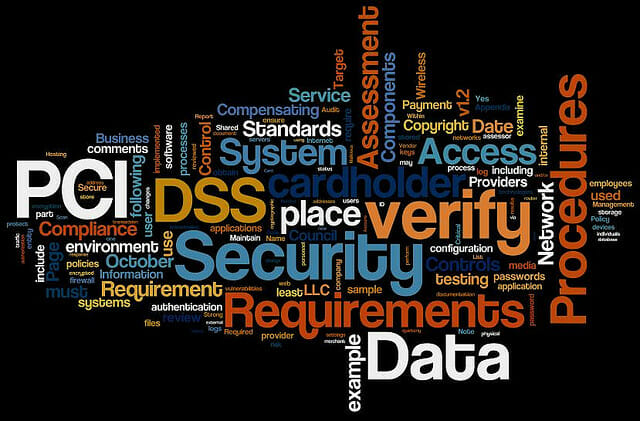Property managers keep files that contain residents’ application, and these files contain sensitive information like names, dates of birth, social security numbers, addresses, bank account details, and credit card information.
Property managers therefore have a responsibility to protect this personal information from security breaches that can lead to fraud, identity theft, and losing the trust of your residents and employees falls on you, property manager.
8 Information Security Tips for Property Managers
#1: Know What’s on Your Computers and Who Has Access to It
Knowing who has access to information is critical to understanding whether your security is weak, thus making it possible to make the necessary corrections as soon as detected.
#2: Don’t Forget Paperwork, Flash Drives, Cell Phones, and Laptops
Don’t allow leasing agents or other employees to take any of these items home unless absolutely necessary, as these items may be lost, stolen, or accidentally damaged. Paper documents, floppy disks, tapes, zip drives, etc. should be protected by a secure lock system. Keep a log of who has a key and require files to remain locked unless the employee responsible is present.
#3: Stay Up-to-Date on the Latest Security Risks
This includes the recently-discovered Heartbleed bug, which finds loopholes in your encryption system and steals information without you knowing about it.
#4: Change Passwords Frequently
Passwords need to be strong, not obvious.
#5: Know the Laws for Storing Credit Card Data
If you must keep personal information for business reasons, draw up a written policy addressing why the information is kept, how it is to be stored, who as access to it, and how long to keep it. Once you no longer need that information, permanently delete or shred it.
#6: Purchase a Bank Stamp with Your Account Number
When a rent check is received, stamp it and put in the safe immediately. Try to make at least two bank deposits a day, especially at the first of each month when you have the most checks, thus lowering the possibility of theft or the checks falling on to the wrong hands. (Or make the switch to online payments!)
#7: Hold a Security Training Program for All Employees
The emphasis of your security training should be on protecting sensitive information.
#8: Install an Intrusion Detection System
If you have a big office with a lot of foot-traffic, consider installing a security camera system aimed at areas where sensitive materials are kept. Keep it and your encryption system updated and a strong virus and firewall protection system on your computers.
More Information Security Resources for Property Managers
- Cybersecurity 101: What Property Managers Need to Know
- 7 Cybersecurity Precautions Property Managers Can Take Right Now
- Password Security Tips to Suit Your Style
- Cybersecurity Myths, Risks, and Safeguards Webinar
- Phishing Scams: What Property Managers Need to Know


